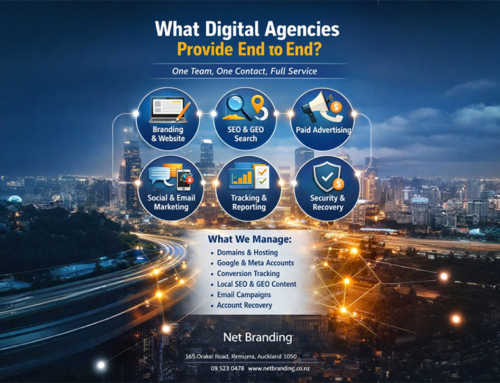Today it’s easier than ever for nearly anyone to create, share and consume content, leading to an overwhelming amount of content on the Internet. Content is now distributed and consumed locally and globally, across multiple devices (PC, mobile, tablet) and in multiple formats.
As a result, social engagement is starting to rely more heavily on high-quality content, and search engines have begun to take social signals into account as an indicator of content quality, simply as a way of wading through the huge amount of content.
This has resulted in a change in the relationship between social media and search. The two are becoming more and more closely aligned, and comments such as “social is the new search” and “search and social media are one” are becoming more common.
The integration of search and social media helps generate more relevant content, which creates more relevant search engine listings and higher rankings, which drives more traffic to your social sites and website. Yet it’s the content that’s the catalyst for driving the search and social media activity.
Content is the catalyst that drives the synergy between search and social media
Great content is something that lots of people are likely to link to; it’s also something they will share on social media. This can create a powerful synergy between your content publishing, social media and search engine optimization (SEO).
Having a planned, holistic approach to content across all digital media channels is very important for SEO. The more unique and insightful your content, the more likely you’ll rank in the long term.
As Google shifts its focus to quality and relevancy to give users a better search experience, the adoption of content marketing has soared to become the glue that binds the search and social media relationship.
Content and the search and social media relationship
Historically the creators of content and SEO have tended to work separately. However, iIntegrating your content creation and SEO processes is way more efficient because it enables you to create and optimize in sync, without having to switch from SEO tools to content management systems. The result is great content that is also SEO-friendly, which enables better search results. Here’s how:
Understand your audience
Understanding your audience is crucial to leveraging content as your search and social media catalyst. It’s just as important as optimizing your keywords!
Identify the keywords – both yours and your competition’s – that drive trends and topics on social media
Once you understand your target audience, look at the language used on social networks to find fresh keywords and phrases. Make sure you use the trending keywords in your content.
Compare your rankings against those of your competitors.
- What does their content look like?
- What content strategies are working for them?
Use the answers to these questions to review your own content, then build your search and social strategies around this.
Monitor social media for topics relevant to your search keywords. Analyze the content being shared to reinforce what’s working and dump what isn’t.
Find new ideas for content
Social media provides an excellent resource for new content ideas. Keep an eye on frequently asked questions in relation to your website’s topic, check the types of questions people are asking on community websites like Reddit, or check out BuzzSumo to see what sort of material / keyword is proving popular, then simply expand on it with quality content.
Test web page titles for optimization
Writing viable website page titles (meta descriptions) can be tricky – and how do you test whether they’re effective or not beforehand?
But you can test them via social media. For example, simply post on social media using variations of the meta description text and check how people engage with them. The more engagement you get for a variation, the better the text is for a meta description.
Make use of mechanisms such as Facebook Search Graph and Google Trends
Facebook Search Graph provides a wealth of useful information for search marketers, and Google Trends allows you to see hourly activity, enabling you to use search data to inform your social media marketing. Ensuring that content drives your search and social media efforts is how you build upon the synergies of search and social media. Not only does content drive your search and social media activities, but your search and social research helps inform how you build your content plan.
For more information on your SEO, social media or online marketing, contact us. If you enjoyed this article, the following may also interest you:






